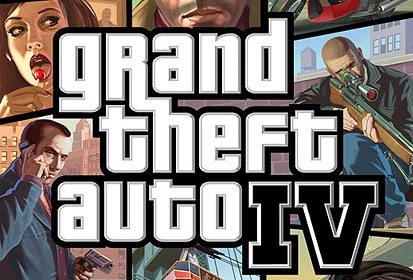
In the past two weeks, two important events have occurred related to the entertainment industry — Record Store Day and the release today of Grand Theft Auto IV (GTA). The first is a sign of a highly wounded element of the entertainment industry and the second is a sign of the most robust element of the entertainment industry.
In March, the video game industry managed to clear $1.7 billion, up 57 percent from March 2007. Software sales totaled $945.6 million, a 63 percent increase, due to popular games like Super Smash Bros. Brawl and Rainbow Six Vegas 2. GTA is expected sell 8 to 9 million copies today and to make $400 million (no, that is not a typo) in its first week of release.
The difference between where these industries are heading is quite striking. The video game industry continues to face increasing criticism for violence, sexual situations, and sexism (exemplified by all versions of GTA). But video game-based negative outcomes aren’t being directly implemented by the industry itself upon its fans. With music, the public views all the negativity as being created by the industry towards fans. What is killing the music industry is the process of going after one’s own customers.
Yet so far I’ve made the choice to spend my entertainment dollars on music rather than video games. As someone who has never illegally downloaded music — no, not even for the rare Japanese only remix, I despise the industry’s tactics so much that I buy most of my music used from those same music stores that hosted Record Store Day (sorry, Chris Gaines).
Overall, the music industry responses to trying to hold up a dying business model are pushing people into devaluing the efforts of the artists that are creating and recording music. Gamers can focus their efforts on enjoying their games, while all music fans must deal with being considered downloading Godzillas.

